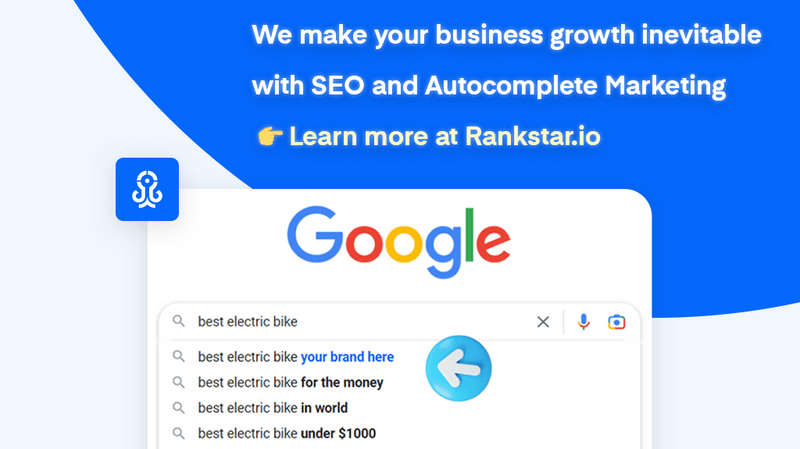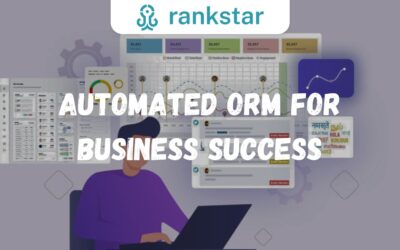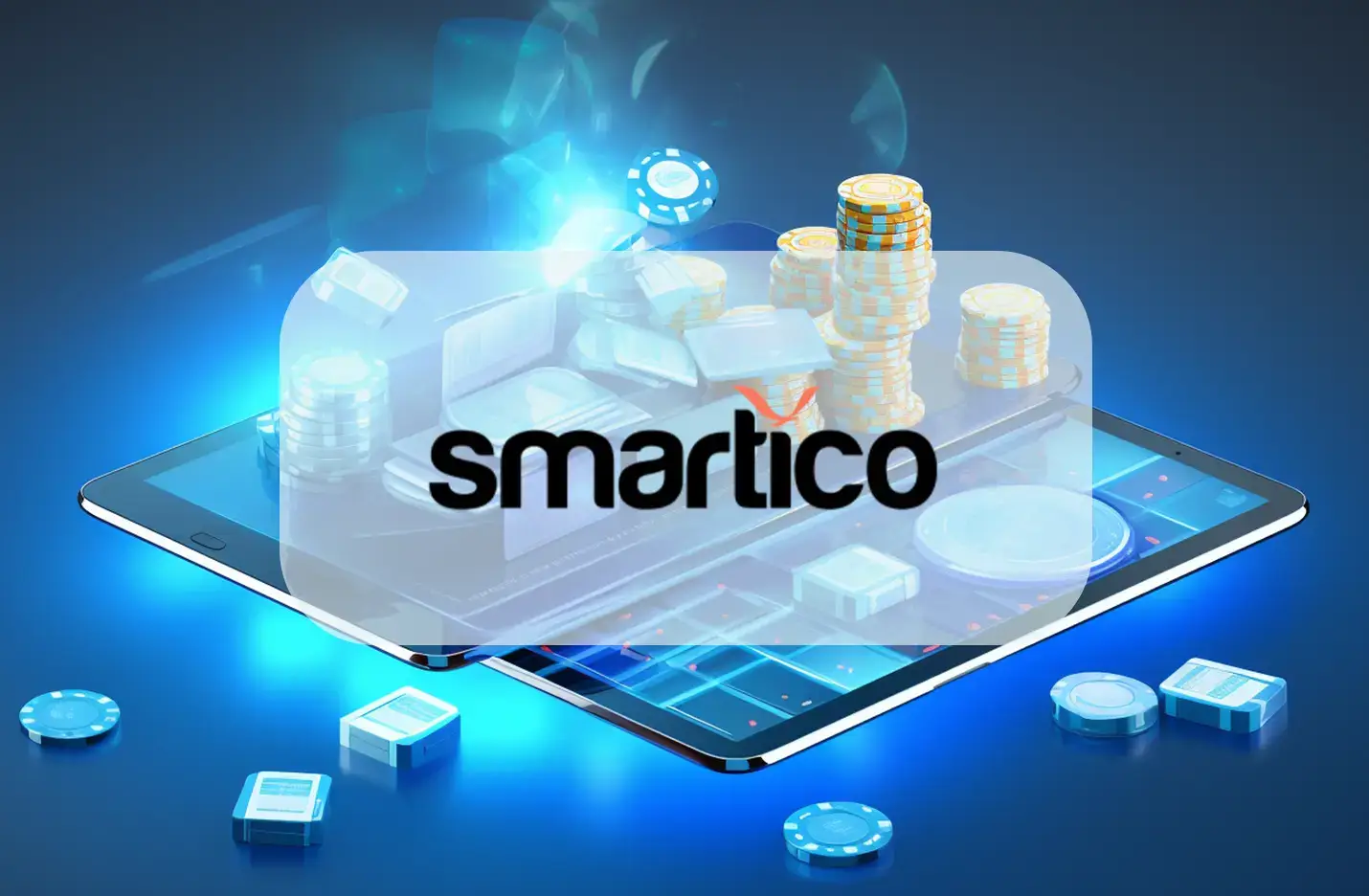Rankstar, a leading SEO agency, has recently acquired CBTEC, a Tech and Search Engine Optimization company. The primary goal of this acquisition is for Rankstar to take over the ongoing SEO campaigns of all CBTEC’s clients, ensuring a seamless transition and continued success for their respective businesses.
About CBTEC
Established by ex-Nokia and ex-Meego employees in February 2012, CBTEC is a Tech and Search Engine Optimization company with a vision to democratize education through technology.
The Acquisition’s Purpose
As mentioned, the primary goal of this acquisition is for Rankstar to take over the ongoing SEO campaigns of all CBTEC’s clients and continue to provide exceptional results moving forward.
Rankstar: The Most Trusted SEO Agency
Founded by Thomas Kraska in 2018, Rankstar has become the most trusted SEO agency in the United States, assisting clients globally in improving their online visibility on search engines. This award-winning agency offers specialized SEO services for eCommerce stores, particularly for Shopify and Magento platforms which have been transformational for numerous e-commerce brands.
Rankstar also provides platform-specific services like their their SEO for WordPress websites offering, which generates remarkable results for WordPress-based sites. In addition, Rankstar works with various other businesses such as lawyers, locksmiths, tech companies, electricians, and dentists in the US to optimize their digital presence.
Thomas and his team of passionate professionals strive to help clients boost their organic leads by providing measurable results and achieving over 20x ROI. They have aided numerous businesses in growing their online presence with minimal investments.
Having earned their reputation through excellent customer service and delivering exceptional results, Rankstar utilizes data-driven insights and best-practice digital marketing tactics to drive growth for businesses by leveraging result-driven SEO campaigns and unlocking their full potential for generating organic leads.
CBTEC’s Future After the Acquisition
Moving forward, it will no longer be possible to search for CBTEC on Google. Instead, visitors to the CBTEC website will be automatically redirected to Rankstar. Part of Rankstar’s ongoing mission is to provide regular news and marketing updates, ensuring clients stay informed about accurate and relevant information on marketing and how to implement successful strategies for business growth.
A Brief Market Overview
Finding relevant and accurate information on digital marketing can be challenging due to the vast array of online sources. Rankstar aims to address this issue by regularly updating their digital marketing and SEO content, ensuring that the correct information reaches the right audience.
Rankstar recognizes the importance of marketing content as it effectively engages and targets audiences in ways traditional advertising cannot. Maintaining high-quality digital marketing content is essential, and Rankstar is committed to achieving this goal.




















